The Okuama Dead: Story behind the grief
When Lt. Colonel Abdullahi Hassan Ali, 49, assumed duties as commanding officer of the 181 Amphibious Battalion of the Nigerian Army, all his mother, Hassana, could do was pray.
Three years ago, Ali’s younger brother, Jamilu, a captain, had been killed in action by bandits in Katsina State. As an officer in the North-East, Ali himself had escaped death a number of times in battles against Boko Haram insurgents.
His father had died after retirement from the army. After his death, Ali’s ageing mother has been nursing her loss, in addition to coping with the death of her son in Katsina and, later, the deaths of her daughter and son-in-law in a road accident.
But Ali, a soldier’s soldier promoted to the rank of lieutenant colonel in November 2020, knew better than to demur when he was moved from commander of the 63 Brigade Garrison in Asaba to head the amphibious battalion. The battalion was part of efforts by the military to restructure the Joint Task Force (JTF) in 2016 following widespread oil theft in the region, which, according to the Financial Times, had reached $1 billion monthly.
Task force dilemma
In a statement at the time, the military said the restructuring of the JTF was to “tackle the emerging security challenges in the Niger Delta region such as piracy, bunkering, vandalism and other criminal activities prevalent in the area.”
The task force comprising other services but led by the military, as expedient as it was, was also an official admission that the police could no longer cope with the situation. Oil money, mixed with militancy and violent local politics in the area, has created and nurtured private armies with money, weapons and political clout comparable to rogue states.
The relationship between the state and some of these private armies is complicated, even incestuous. With revenues in billions of naira monthly, for example, a few are better equipped than the military.
But politicians don’t mind. In their desperate search for solutions to the problem of oil theft and to consolidate their political hold, they indulge in private armies. Officers deployed in the area are left to invent their own ways of serving two masters—the state and the communities on the one hand and the powerful private armies on the other.
With a population of about 31 million and over 40 ethnic groups, the Niger Delta is a cauldron, radicalised by decades of poverty, agitation, militancy and violent politics. A quarrel between a husband and wife could spill into an intra-communal dispute; an intra-communal dispute could engulf the community.
On March 14, a lingering spark of dispute between Okuama and Okoloba (one Urhobo and the other Ijaw, two of the largest ethnic groups in Delta State) over a fish farm erupted in violence.
More questions…
How did the officer from the amphibious battalion who led a team to Okuama on March 14 on what was supposed to be a peace mission understand and define his mandate? Was the mission to Okuama over the alleged kidnap of one Anthony Aboh from neighbouring Okoloba (in retaliation for an Okuama youth allegedly killed by persons suspected to be from Okoloba), his job as a soldier or that of a first responder, say, the police?
Was the officer, like many others, too embedded in the local politics to draw the line? Or did he anticipate that after the failure of the peace accord facilitated by the Delta State government, military mediation was necessary to quench the fire?
Media reports suggested that leaders in Okuama broke kola nuts with the officer (some accounts say he was a major) and his team when they arrived. At what point did murderous violence erupt? If people in the community were opposed to the officer taking their leader away
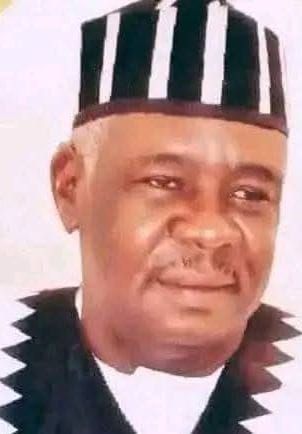
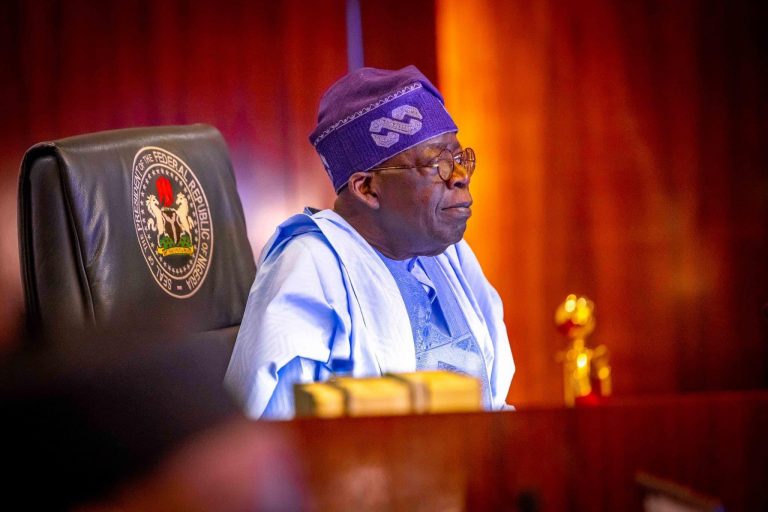
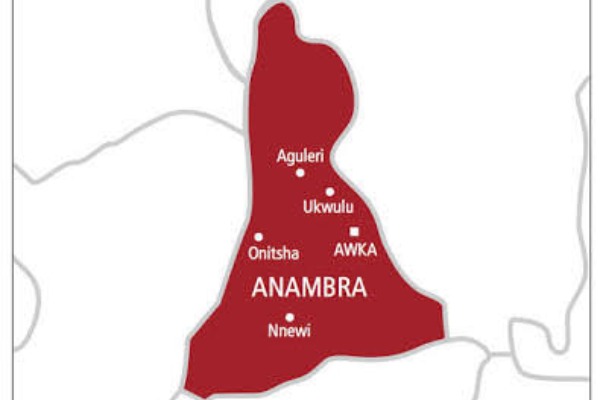
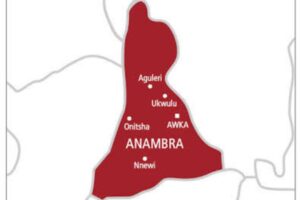
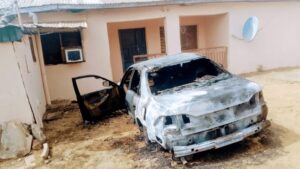
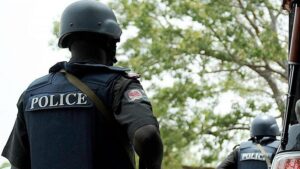
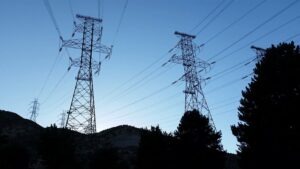
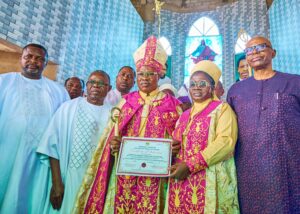

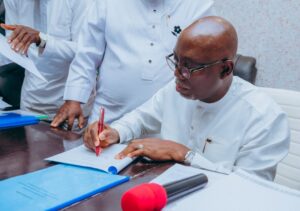

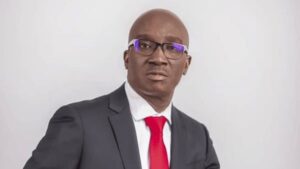
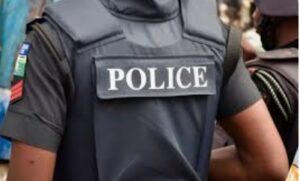
Post Comment